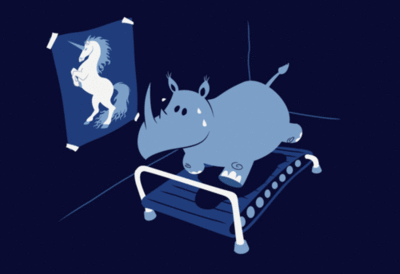Breakdown of Romantic Relationsips
-
Summary

REWARD/NEED SATISFACTION THEORY
Similarity Theory
Keywords: Gratifying, Rewarding Stimuli, Operant Conditioning, Classical Conditioning
- Byrne & Clore (1970)
Keywords: 1. Dissimilarities 2. Similarities, Personality, Attitude
- Byrne et al. (1986)


- Griffitt & Guay ('69)
- When ppts. asked to rate how much they liked experimenter, those who were positively evaluated by experimenter on creative task gave much higher rating.
- Supports classical conditioning claims
- More reliable
- HOWEVER! ... Lacks Mundane Realism

+ SUPPORTING RESEARCH

- Cunningham ('88)
- Male ppts watched happy or sad film then interacted with female. Positive interactions from those who watched happy film.
- Supports classical conditioning claims
- More reliable
- HOWEVER! ... Androcentric leading to low generalisability to wider population
SUPPORTING RESEARCH +


- Rosenbaum ('86)
- Dissimilarity much more important factor has been tested in multiple cultures and found that partners who discovered more dissimilarities as relationship developed became less attracted to each other.
- Problematic because similarity theory says similarity is prime factor in formation.
- Less reliable and needs to be revised to take into account dissimilarity as an equally important factor.
- CONFLICTING THEORY

- Focus on personality and attitudes.
- Yoshida (1972) states that factors such as economic level and physical condition are equally important but are ignored.
- Problematic because similarity theory only focuses on personality and attitudes as the factors in FoRR.
- Limited theory as ignores other potential factors.
REDUCTIONIST -

- Useful for internet dating sites.
- Create algorithm to match people with similar personality/attitude.
- Pro-social consequences as useful to society and high ecological validity as can be applied to real life.
+ PRACTICAL USE
BoRR
By Manh
BoRR
halp 4 u
- 546



